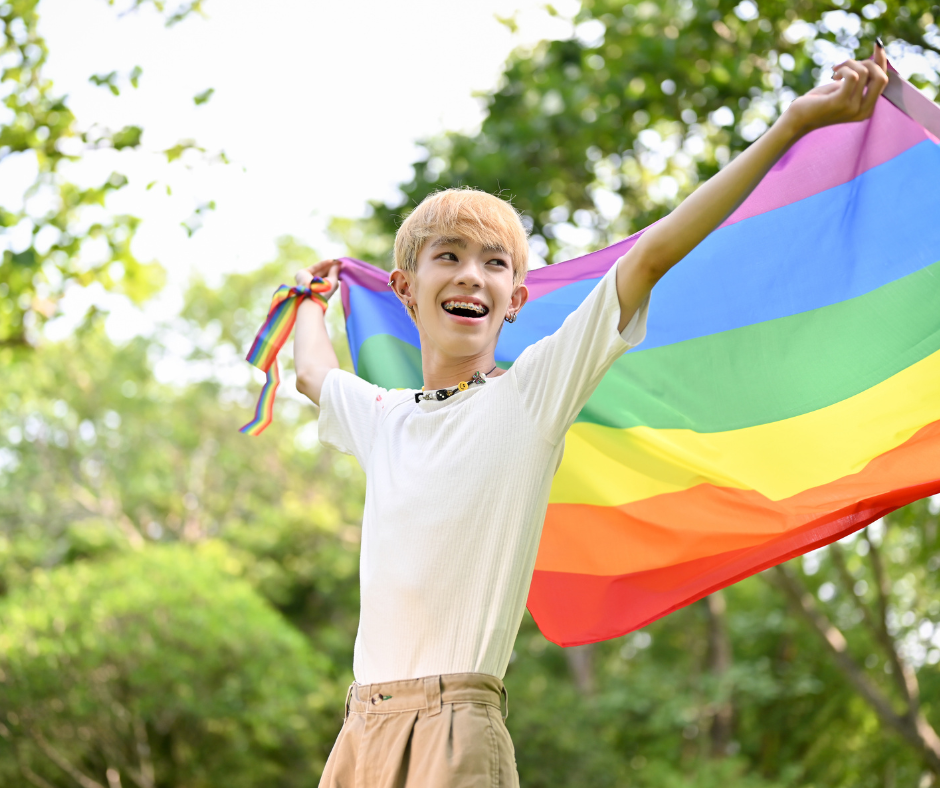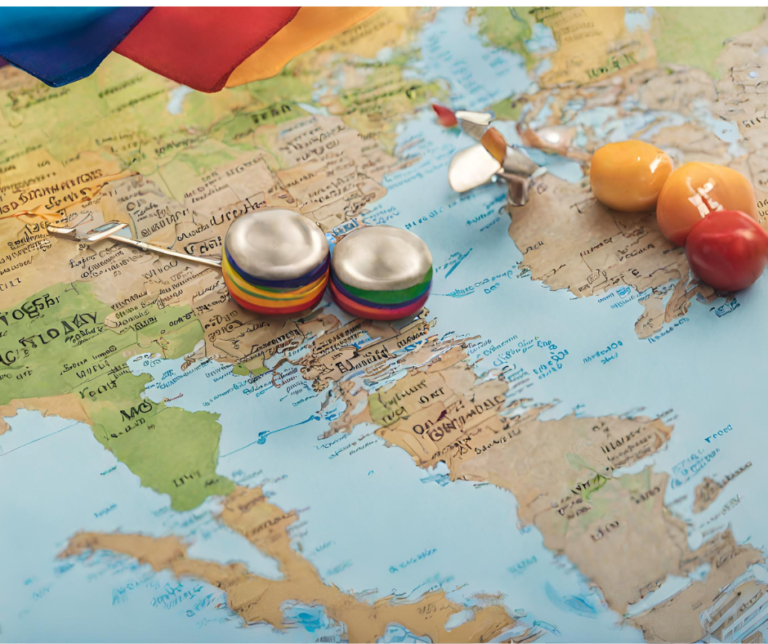“Discover the Best LGBT-Friendly Destinations Worldwide!
Explore inclusive havens and vibrant communities where love knows no boundaries. 🏳️🌈✈️ #LoveIsGlobal #LGBTTravel”
The Top Destinations for LGBT Travel: A Comprehensive Guide to LGBT-Friendly Countries
Embarking on a journey to find an ideal place that treats everyone with respect and equality involves considering various factors. Many individuals influence the decision-making process through crucial roles in lifestyle, real estate options, and tax implications. However, members of the LGBTQ+ community must consider additional factors beyond taxes and residency ease. They need to contemplate how their chosen destination recognizes their LGBTQ+ relationship and treats them within societal frameworks.
Unique Challenges for LGBTQ+ Couples
LGBTQ+ couples face distinctive challenges because obtaining residency or citizenship based on LGBTQ+ marriage is not universal. Fortunately, several countries worldwide actively support and legally recognize LGBTQ+ same-sex marriages, providing equal rights to LGBTQ+ couples. In these progressive nations, the legal landscape also encompasses LGBTQ+ adoption, inheritance, and various other rights, mirroring those of non-LGBTQ+ couples.

Spain: An LGBTQ+ Haven
Spain distinguishes itself globally as an LGBTQ+-friendly country, legalizing and embracing LGBTQ+ gay marriages. LGBTQ+ couples here enjoy equal rights, including adopting children as a same-sex LGBTQ+ couple. Spain also allows joint residence permit applications or a fast-track naturalization process for citizenship, making it an attractive destination. The overwhelming support for LGBTQ+ rights, with over 90% of the population endorsing them, further solidifies Spain’s reputation.
Portugal: A European Gem of LGBTQ+ Friendliness
Portugal is another European gem recognized for its LGBTQ+-friendly environment. Same-sex LGBTQ+ marriages are permitted, and the country boasts vibrant LGBTQ+ communities. In vitro pregnancies for LGBTQ+ same-sex couples and LGBTQ+ adoption are also supported. Portugal’s tax efficiency adds to its appeal, making it an attractive option for those seeking a balance between lifestyle and reduced taxes.

The Netherlands: Celebrating Diversity
The Netherlands, with one of the largest Pride celebrations in Europe, is a well-established destination that provides comprehensive rights to LGBTQ+ couples. The country’s progressive approach and inclusive policies contribute to its status as an LGBTQ+ haven.
Latin America: Embracing Equality
Venturing into Latin America reveals a significant number of countries that embrace LGBTQ+ same-sex marriages and exhibit strong support for the LGBTQ+ community. Argentina, a leader in this movement, not only allows LGBTQ+ same-sex marriages but also supports in vitro fertilization, LGBTQ+ adoption, and a range of transgender LGBTQ+ rights. Other Latin American countries, such as Brazil, Ecuador, Colombia, Chile, and Uruguay, similarly welcome LGBTQ+ same-sex marriages.
Asia: Emerging LGBTQ+ Friendly Destinations
While Asia generally lags behind in recognizing LGBTQ+ same-sex marriages, Taiwan and Nepal stand out as exceptions. South Korea, especially in Seoul, has seen positive experiences for LGBTQ+ couples, while Hanoi in Vietnam has emerged as a significant hub for the LGBTQ+ community. In Asia, although the number of countries recognizing LGBTQ+ same-sex marriages is limited, the presence of LGBTQ+ communities in cities like Seoul in South Korea and Hanoi in Vietnam highlights the resilience and visibility of the LGBTQ+ movement. These urban centers serve as beacons of LGBTQ+ acceptance and progress within their respective regions. Conversely, due to religious considerations, Muslim countries do not permit LGBTQ+ same-sex marriages, and these regions often extend less welcoming receptions to LGBTQ+ communities.

Global Trends and Evolving Narratives
The global trend is moving towards increased tolerance and acceptance of the LGBTQ+ community. Even countries with traditionally conservative reputations, such as Serbia, are making significant strides in this area. Despite some regions to be cautious about, numerous destinations worldwide provide welcoming environments for LGBTQ+ couples to establish residence and thrive.
Evolving Landscape and Inclusive Policies
As the global landscape continues to evolve, more countries are embracing tolerance and inclusivity towards the LGBTQ+ community. Serbia, for instance, has made noteworthy strides in fostering a more inclusive environment for LGBTQ+ individuals, demonstrating that societal attitudes can shift over time.
Vibrant LGBTQ+ Communities
One crucial aspect that attracts LGBTQ+ couples to certain destinations is the presence of vibrant LGBTQ+ communities. These communities offer social support, a sense of belonging, and a network of like-minded LGBTQ+ individuals. Portugal, for example, not only legalizes LGBTQ+ same-sex marriages but also boasts thriving LGBTQ+ communities that contribute to a rich and diverse cultural tapestry.

Legal Frameworks and Societal Acceptance
Legal frameworks play a crucial role, and countries such as Argentina, with its progressive legislation supporting not only LGBTQ+ same-sex marriages but also in vitro fertilization, LGBTQ+ adoption, and transgender rights, demonstrate the potential for comprehensive legal recognition of LGBTQ+ rights. These legal protections not only provide security for LGBTQ+ couples but also contribute to fostering a more accepting and understanding society.
Nuances of Societal Acceptance
It is crucial to acknowledge that societal acceptance varies even within countries that legally recognize LGBTQ+ same-sex marriages. Cities often lead the way in fostering inclusive environments, while rural areas may present different challenges. Understanding these nuances is essential for LGBTQ+ couples seeking not only legal recognition but also social integration and acceptance.

Hope for a Future of Equality
As the quest for equality continues, it is heartening to witness a growing number of countries acknowledging the rights of LGBTQ+ individuals. The positive momentum toward greater inclusivity signifies a broader shift in societal attitudes, offering hope for a future where LGBTQ+ couples can find acceptance and support in diverse corners of the globe.
Source: Nomad Capitalist R&D

